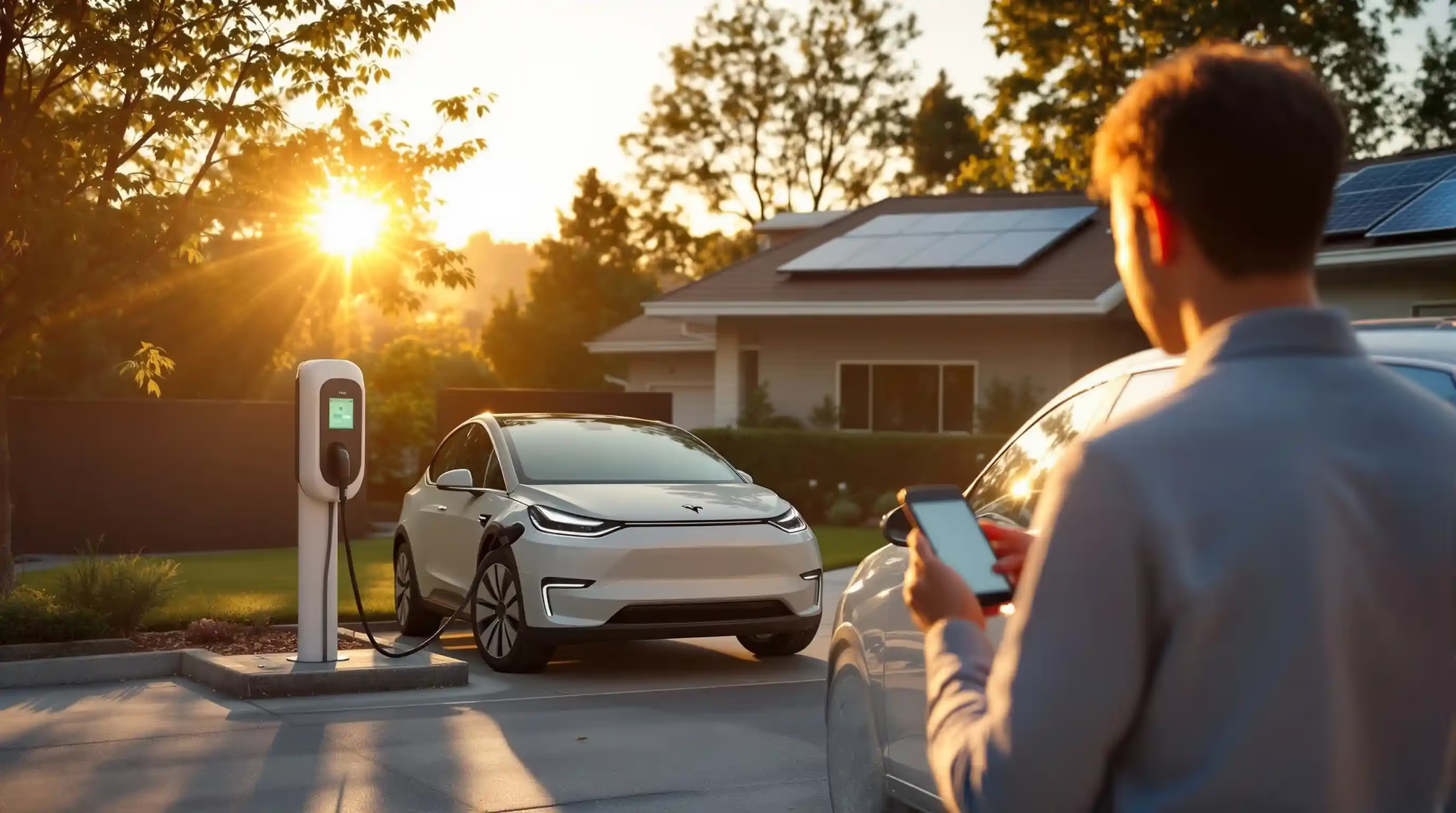
The federal EV tax credit, a long-running incentive for electric vehicle adoption, officially expired on September 30, 2025. Under the One Big Beautiful Bill Act, the federal government offers up to $7,500 in federal tax credits for new clean vehicles and $4,000 for used ones. The policy change reshapes the electric vehicle market, affecting taxpayers, dealers, and manufacturers across the nation.
The Internal Revenue Service confirmed that the clean vehicle tax credit and other related programs officially ended for vehicles acquired after September 30, 2025. These include the Clean Vehicle Credit, the Previously-Owned Clean Vehicle Credit, and the Qualified Commercial Clean Vehicle Credit.
The IRS clarified that taxpayers who signed a binding contract and made a payment before the deadline may still qualify for the credit amount once the vehicle is delivered. However, any electric vehicle purchased after that date is no longer eligible for federal EV tax credits.
Before the expiration, qualified vehicles could receive up to $7,500 in tax credits for new EVs and up to $4,000, or 30 percent of the sale price, for used models. Income limits applied: $300,000 for married couples filing jointly, $225,000 for heads of household, and $150,000 for single filers.
Buyers also faced price caps based on the manufacturer’s suggested retail price. The limit was $55,000 for cars and $80,000 for SUVs, trucks, and vans. Used electric vehicles had to be priced at $25,000 or less to qualify.
Each clean vehicle had to meet strict assembly and sourcing rules. Final assembly was required in North America, and the battery capacity had to meet minimum thresholds. The IRS also required dealers to submit a time-of-sale report, including the vehicle identification number, to verify that the vehicle qualified under the program.
Taxpayers who purchased an eligible vehicle before the deadline must file Form 8936, Clean Vehicle Credits, with their 2025 tax return. This form records details such as the VIN, the registered dealer, and the date the vehicle was placed in service.
“Taxpayers should make sure they keep complete records of their purchase and dealer documentation,” the IRS said in its updated guidance on federal tax credits.
The expiration of the EV tax credit stems from legislative changes enacted through the One Big Beautiful Bill Act, also known as Public Law 119-21. This law accelerated the phase-out of several clean energy programs, including the clean vehicle tax credit, which was previously authorized through 2032.
The program had been expanded under the Inflation Reduction Act of 2022 to strengthen American manufacturing and promote cleaner transportation. It linked credit eligibility to domestic production standards, requiring that qualified vehicles be assembled in North America and use battery components sourced from free trade partners.
Congressional research and IRS guidance indicate that these requirements are designed to encourage investment in U.S. electric vehicle manufacturing while reducing reliance on imported materials. Over time, however, many popular models lost eligibility due to complex sourcing rules and price restrictions.
The end of the federal EV tax credits marks a shift in the government’s approach to clean energy incentives and long-term climate policy.
In the final weeks leading up to September 30, 2025, the electric vehicle market experienced a sharp rise in demand as consumers rushed to take advantage of the remaining federal EV tax credits. Dealerships across the country reported inventory shortages, especially for qualified vehicles that met clean vehicle credit and battery requirements.
“We processed more sales in two weeks than in the previous two months,” said Maria Torres, sales director at a dealership in Austin, Texas. “Many buyers didn’t want to wait and risk losing eligibility for the credit amount.”
IRS Commissioner Danny Werfel urged taxpayers to verify eligibility and maintain accurate records when filing their 2025 tax return. “Taxpayers should be aware of these changes and ensure they understand their eligibility before filing,” Werfel said.
Analysts at the Tax Foundation noted that while the loss of federal EV tax credits may slow near-term sales, manufacturers could respond with pricing adjustments or new incentives to offset the impact. The Bipartisan Policy Center added that commercial clean vehicles and charging equipment may continue to receive support under other federal tax programs.
For taxpayers who purchased a qualifying electric vehicle before September 30, 2025, proper documentation is essential when filing a 2025 tax return. The IRS requires Form 8936, Clean Vehicle Credits, along with the vehicle identification number, dealer report, and date of delivery. These records must confirm that the vehicle was acquired before the federal deadline.
Consumers who missed the cutoff still have access to other federal tax credits, such as the Alternative Fuel Vehicle Refueling Property Credit, which covers up to 30 percent of the cost of EV charging equipment. State and local programs also continue to offer rebates and purchase incentives for new vehicle installations.
Tax experts recommend that buyers consult a qualified professional or visit IRS.gov to confirm eligibility and claim any available credit before filing.
By William Mc Lee, Editor-in-Chief & Tax Expert—Get Tax Relief Now